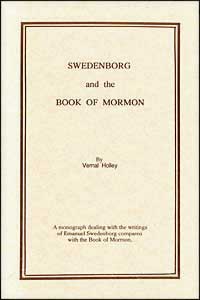Roger wrote:...
whoever wrote Alma 34 must have found it expedient to use the word on that day!
...
Maybe so. The writer of the 1835 LDSM&A article attacking the Spalding authorship
claims made in the Illinois Pioneer found it useful to use "expedient" in countering
that newspaper's anti-Mormonism. I presume the writer was Cowdery.
Then again ---
"Br. Joseph Smith jr. said that it was not intended to tell the world all the particulars
of the coming forth of the Book of Mormon, & also said that it was not expedient
for him to relate these things &c." --- Orange, Ohio, Oct. 25, 1831
and ---
The definition of “expediency” is: 1. fit or suitable for the purpose; proper under
the circumstances. or 2. conducive to advantage or interest. Expediency is a big
J[oseph]S[mith] word. It appears 52 times in the Book of Mormon and 27 times in the D&C. It
only appears 7 times in other scripture: John uses it 3 times and Paul uses it 4 times.
http://mormonmatters.org/2009/04/14/scr ... expedient/
UD
